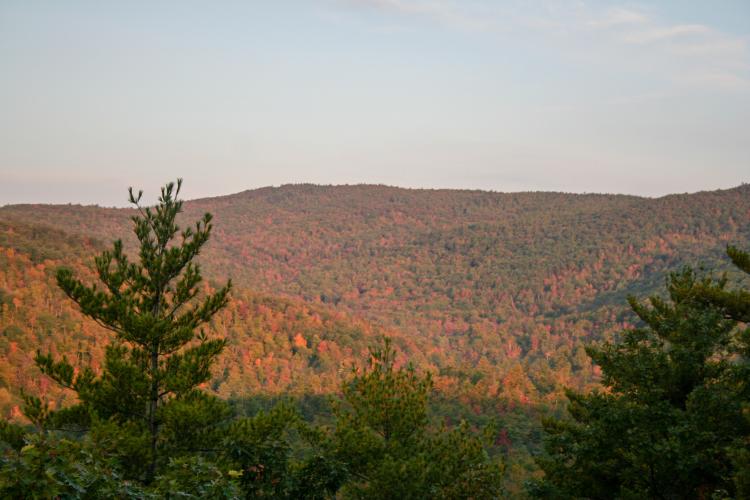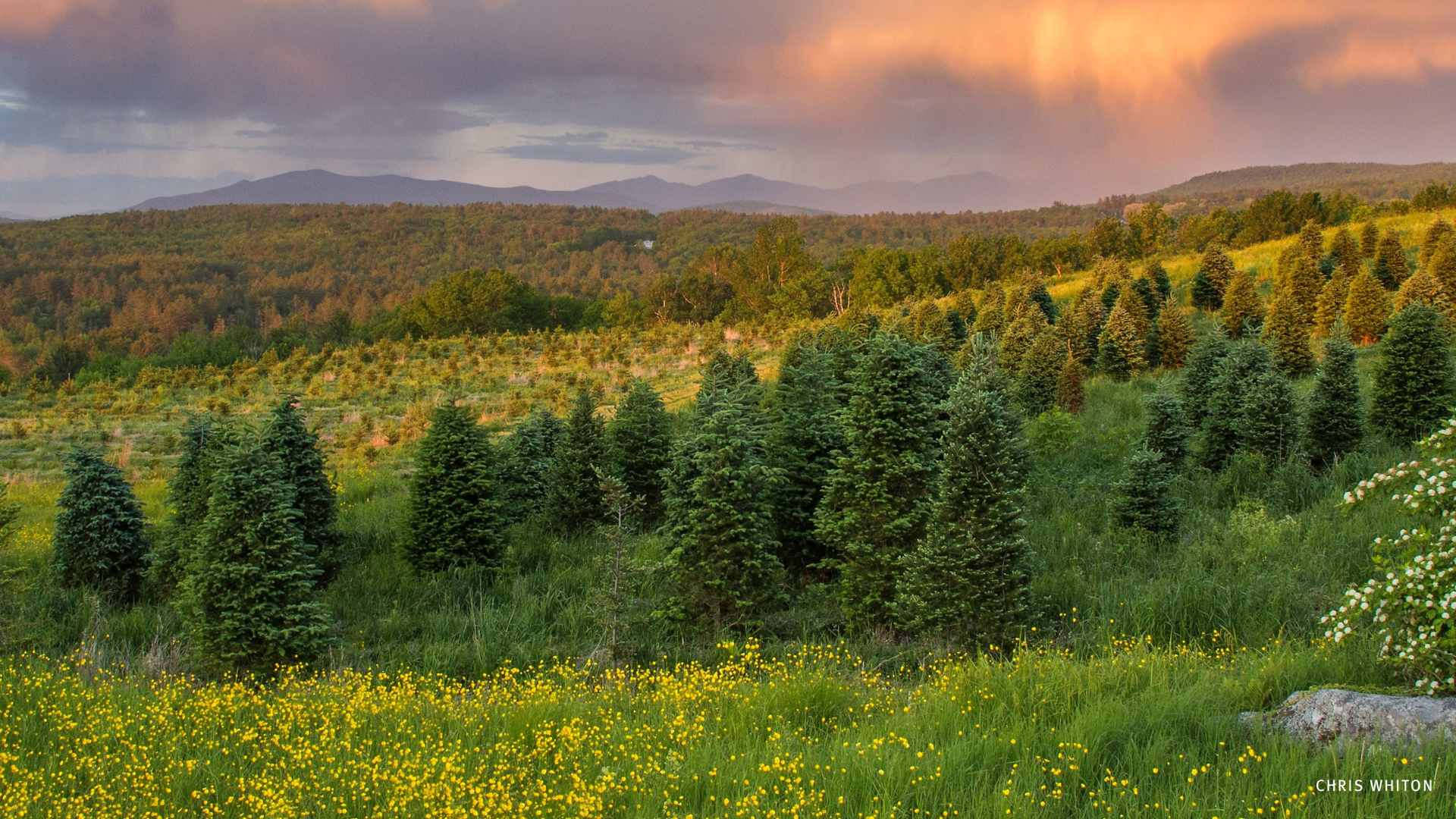LCHIP awards $4.1 million to Support Natural and Historic Resource Projects Statewide
- Tags:
- Land Conservation
River otters at Clay Brook Forest. (Photo: James Kibler)
The Board of Directors of the Land and Community Heritage Investment Program (LCHIP) has announced $4.1 million dollars in matching grants awarded to thirty-two projects across the state. The Society for the Protection of New Hampshire Forests (Forest Society) was honored by the award of $243,500 in LCHIP grants that will support four different land conservation projects and will be matched by more than $975,000 in additional funding.
The four projects receiving LCHIP awards include: two additions to the Moose Mountains Reservation in Brookfield and Middleton; an addition to the Stillhouse Forest in Northfield; and the new Clay Brook Forest in Hampton Falls.
At the Moose Mountains Reservation in Middleton and Brookfield, grants totaling nearly $70,000 will be used to acquire two strategic parcels of land that will expand the reservation by 171 acres. LCHIP funding of $30,000 will support the purchase of the 100-acre Nason property, located along the eastern flank of Moose Mountain. This higher elevation area includes one of the rarest types of natural communities found in the state, “Pitch Pine Rocky Ridge,” and also includes a segment of the Moose Mountain Trail.

The Forest Society was awarded $75,000 to help expand the Stillhouse Forest in Northfield and Canterbury. The 76-acre addition will bring the reservation to a total of 391 acres, with over a mile of meandering frontage on the Merrimack River’s eastern bank. This is a scenic stretch of the river, enjoyed by paddlers and anglers from the water as well as hikers on land. The project will provide improved public access to the trail system from Fiddler’s Choice Road in Northfield, and ensures the floodplain forest and upland habitat remains intact and provides a natural view to paddlers who might launch from access points just across the river.
Finally, the largest of the LCHIP grants awarded to the Forest Society was $100,000 to support the conservation of the 32-acre Clay Brook Forest in Hampton Falls. The Forest Society will purchase a conservation easement that will permanently protect a property that was threatened by subdivision and development. Instead, with assistance from the Town of Hampton Falls, a conservation buyer, private donors, and now LCHIP, the property will remain a community resource with four-season woodland trails that link to the Hurd Farm Conservation Area and include significant frontage on the Taylor River.
“We’re pleased that LCHIP recognized the extraordinary conservation and community values of these four projects — adding significant and important acreage to reservations that serve the southern part of the state,” said Jack Savage, president of the Society for the Protection of New Hampshire Forests. “It’s important to remember, too, that these projects are made possible by partners, funders, and landowners who also understand the value of land conservation. Across the state, the LCHIP grants are helping protect remarkable assets that define our state. We’re pleased to be part of that. Congratulations to all those who received awards in support of a remarkable slate of worthy projects.”
Current LCHIP grants will support projects in nine of the state’s ten counties. This grant round was highly competitive, with nearly $8 million in funding requests compared to $4.1 million available for grants. LCHIP Board of Directors Chair Amanda Merrill of Durham observed that “With the large number and high quality of applications that were submitted this year, the board had the satisfaction of awarding grants to a variety of wonderful projects — and the regret of being unable to support many others. It is clear to me that the work of LCHIP is more important than ever.”
Grant recipients are required to raise a minimum of one dollar for each dollar provided by LCHIP. This year’s awards of $4.1 million will be matched by nearly $18 million that the project proponents will raise from other public and private sources, infusing a total of over $22 million into the state’s economy in direct project activity.
